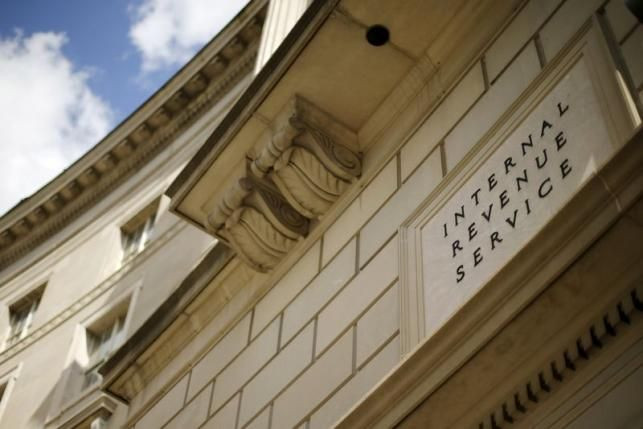Tax Season 2020: Why The IRS Starts Surprise Knock-Knock Visits About Your Taxes

Does the IRS ever show up on your doorstep? Yes they do, and that is nearly always unsettling, especially if you aren’t expecting it. That is part of the point, of course, so the IRS does not warn you they are coming. Your first reaction might be to assume this is a prank, or like those phone scams of someone saying they are from the IRS and that you are about to be arrested unless you pay them something. Be careful, because these IRS visits aren’t a scam.
Of course, you should ask for their credentials and make sure they are real, but what else should you do? You do not have to invite them into your home or talk to them. Instead, politely ask them for a business card and tell them that your attorney will contact them. You are not required to say anything more. Most tax lawyers will tell you that the more you say, the more you are likely to get into trouble. For
Again, if the IRS comes to your home or business, you have the right to decline to speak with them. Take their card and be polite but firm that your lawyer will contact them. Usually you can’t effectively represent yourself even in an audit, and it’s not worth the risk that you’ll say the wrong thing. You can use software or hire a tax professional to prepare your return.
But if you end up in a tax dispute, handling a tax case by yourself is usually a mistake. Hire an accountant or lawyer to handle it. Even simple audits can go awry, or can expand into other areas if you aren’t careful. A visit is especially frightening, but that is the point of a new plan the IRS has to step up efforts to visit high-income taxpayers who have failed to timely file one or more tax returns.
So these visits are really to track people down who haven’t filed one or more tax returns. That probably means if you get a visit, you are already in trouble, thus doubling the wisdom of hiring a lawyer to represent you. Apart from being late on one or more filings, what else might put you in the crosshairs for one of these personal visits under this new IRS program?
High income, says the IRS. That means different things to different people, of course, but the IRS does have a threshold. The IRS says it is focusing on taxpayers who have generally received income over $100,000 during a tax year and did not file a tax return with the IRS. Why is the IRS doing this? To collect taxes ultimately.
But the IRS says part of the reason it is making these visits and publicizing them is to make all the rest of the American taxpayers who are playing by the rules and paying their taxes feel better about the process. Another reason is to show everyone what happens if you are not filing your return on time. Being late on payment is not ideal either, but the IRS is especially worried about the return filing process itself.
In general, if you can’t pay your taxes, you are still better off filing on time and accurately listing your income. That will help avoid at least some of the penalties, for one thing. And it can avoid one of these visits too. You can always deal with the collection division of the IRS later. Is this visit really a tax audit? Not exactly. It is mostly about going after non-filers and late filers.
Of course, these people might be audited too, and filing late may increase your chances of audit. Still, most people are not audited by the IRS. Audit rates vary based on income level and many other factors, but your chances are very small, often hovering well below one percent for most taxpayers. The first step, of course, is for the IRS to get you to file, hopefully on time so you save some penalties.
If you aren’t filing your taxes, eventually the IRS is likely to find you. One IRS official noted that these visits might be unannounced, but they should not come as a surprise. After all, by notices and letters, the IRS will have been contacting you many times before the IRS personnel show up at your door.
Who is making these knock-knock visits? The visits are supposed to be by IRS Revenue Officers, whose job it is to track down missing tax returns, collect taxes owed, and more. Revenue Officers should carry two types of official identification, a pocket commission and an HSPD-12 card. Both should have a serial number and photo.
If the taxpayer fully cooperates, the IRS will interview you, gather information, etc. They are just doing their job, of course, and you can talk to them about your problems if you want. But the safer approach is to take their information and decline to be interviewed, just in case you might make the tax mess even worse.
Robert W. Wood is a tax lawyer and managing partner at Wood LLP. He can be reached at Wood@WoodLLP.com.
© Copyright IBTimes 2024. All rights reserved.




















